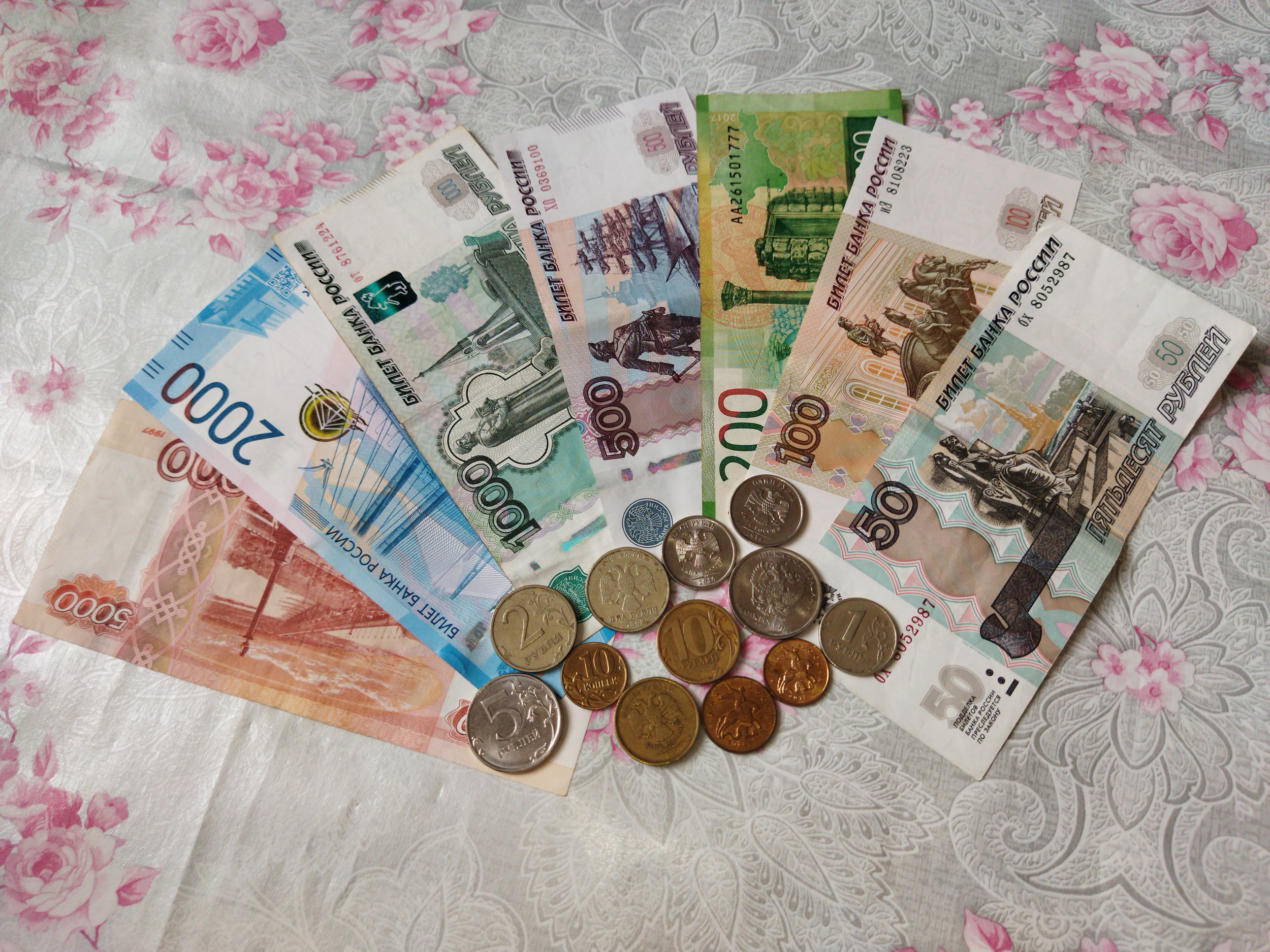Killing of Journalists in Mexico Sparks International Condemnation
Mexican journalists protest against rising journalist-based violence in March 2010 (Flickr).
In recent weeks, a surge of journalist killings in Mexico has incited international condemnation. On February 8, UNESCO Director-General issued a statement condemning the murder of reporter Robert Toledo and demanding greater protection of media employees and freedom of expression within Mexico. On February 12, the United States embassy in Mexico and U.S.-based press freedom group, Committee to Protect Journalists (CPJ), piggybacked on UNESCO’s condemnation of the murders, reinforcing the need to protect freedom of the press and the rights of journalists in Mexico.
Since the start of 2022, five news reporters have been murdered in Mexico. The sequence of murders began on January 10 when reporter José Luis Gamboa Arenas was stabbed in Veracruz. The killings of Alfonso Margarito Martínez Esquivel, Lourdes Maldonado López, Robert Toledo, and Heber López Vásquez followed the murder of Gamboa Arenas in succeeding weeks. The presumed motivation for these killings is the desire to silence the voices of reporters who cover instances of corruption and injustice in Mexico.
The killing of Mexican journalists, however, is not a new phenomenon. Between the years 2000 and 2021, approximately 150 journalists were killed, rendering Mexico one of the world’s most dangerous countries for journalists. Impunity for violence towards Mexican news reporters still remains prevalent in these murders.
In Mexican President Andrés Manuel López Obrador’s press conference on February 11, he claimed that there would be “zero impunity” for the killing of Heber López Vásquez. Later in that same conference, he referred to Mexican journalist Carlos Loret de Mola, who works for Latinus, a publication that issued coverage on the president’s son’s involvement in a corruption scandal, as “corrupt” and a “mercenary.”
A number of international organizations condemned the killings and demanded justice for the reporters who were killed. On February 12, CPJ’s Mexico representative Jan-Albert Hootsen issued a call for “decisive actions by Mexican authorities” as a longstanding solution to journalist violence in Mexico. Also, on February 12, the US embassy in Mexico published a tweet, referring to the assassination of Heber López as detestable and calling for a comprehensive investigation into the killings.
In addition to condemnation of the murders, international actors have also expressed disappointment at López Obrador’s response to the killings. In a letter sent to U.S. Secretary of State Antony Blinken, U.S. senators Tim Kaine and Marco Rubio expressed dismay at what they referred to as López Obrador’s “bellicose rhetoric against the press.” The Inter-American Press Association also denounced López Obrador’s “stigmatizing discourse against the press,” suggesting this discourse to be one of the reasons for the lack of freedom of the press in Mexico.
The international condemnation of López Obrador’s rhetoric sheds light on the need to hold the President accountable in securing greater freedom of expression in Mexico. Considering that the promise of “abrazos no balazos” (hugs not bullets) was a key tenet of López Obrador’s 2018 presidential campaign, the Mexican President carries a responsibility to curtail violence towards journalists in Mexico.
As violence towards journalists in Mexico continues to be a pressing issue under international watch, López Obrador’s discourse surrounding the subject will likely remain under intense international scrutiny. As the Washington Post editorial board posits, international powers like the Biden administration have an ongoing duty to “protect and promote free, independent, and diverse media around the world.” As such, international actors will presumably continue to maintain a watchful eye over López Obrador’s response to journalist-based violence in Mexico.











